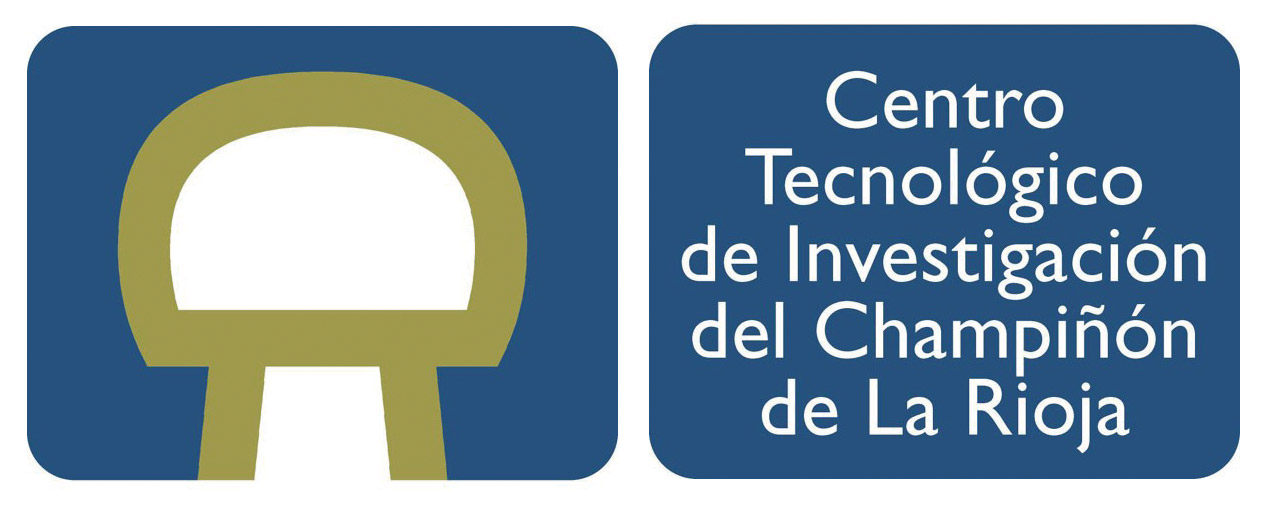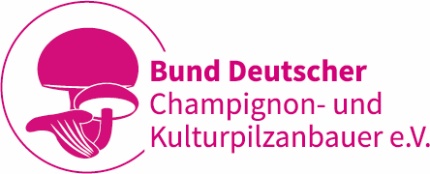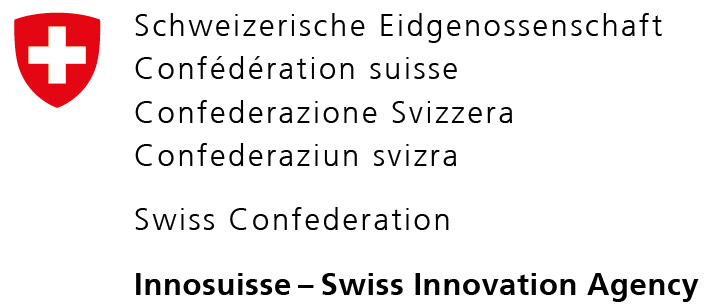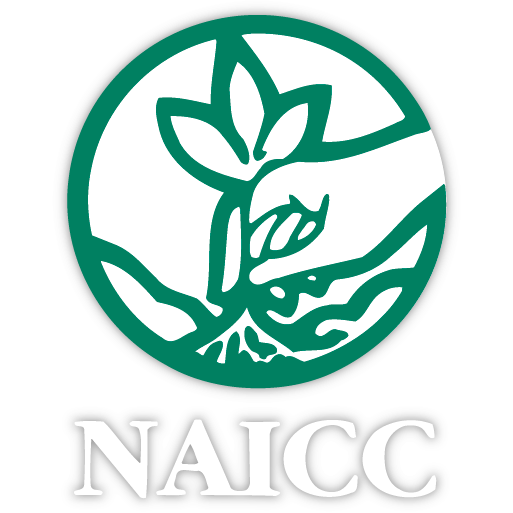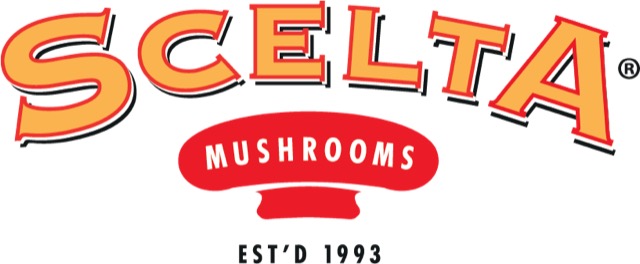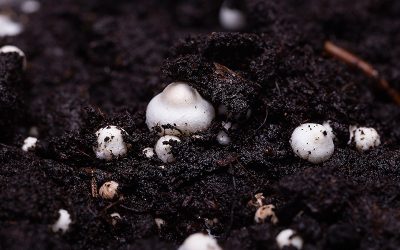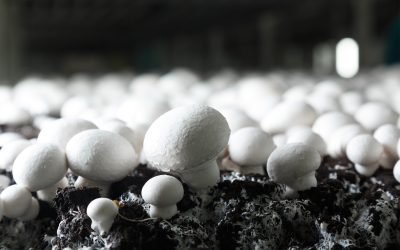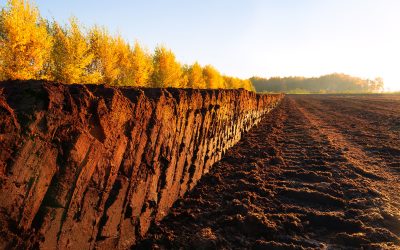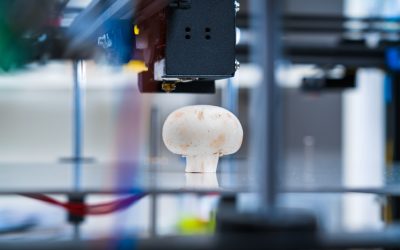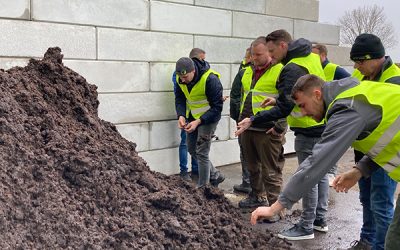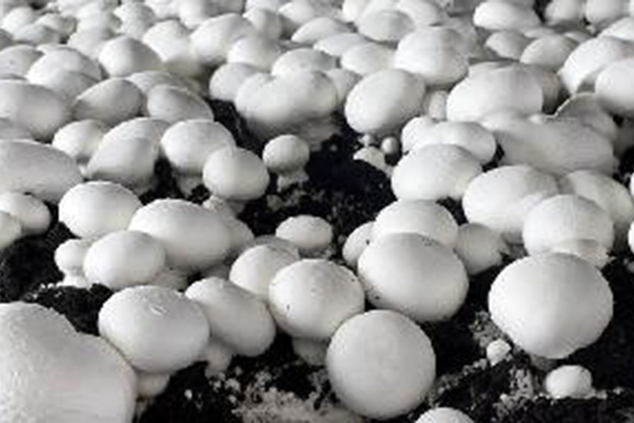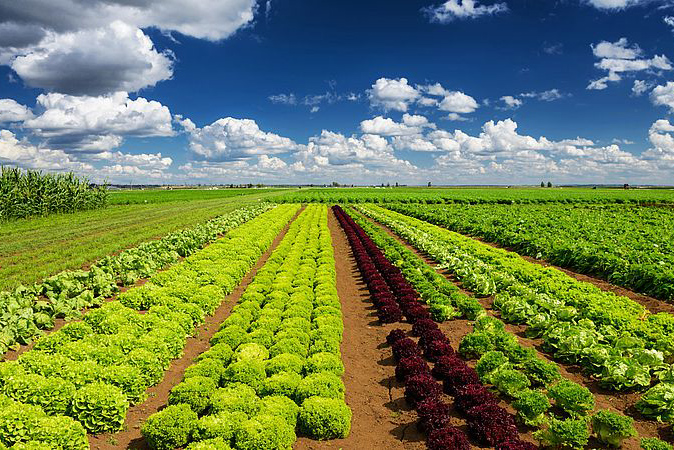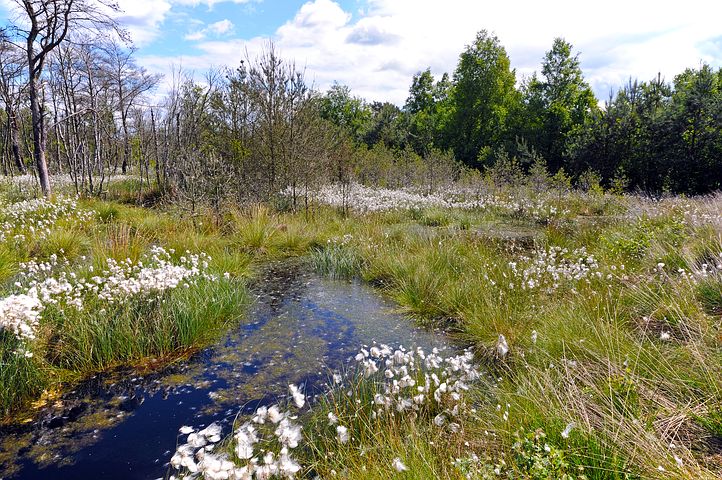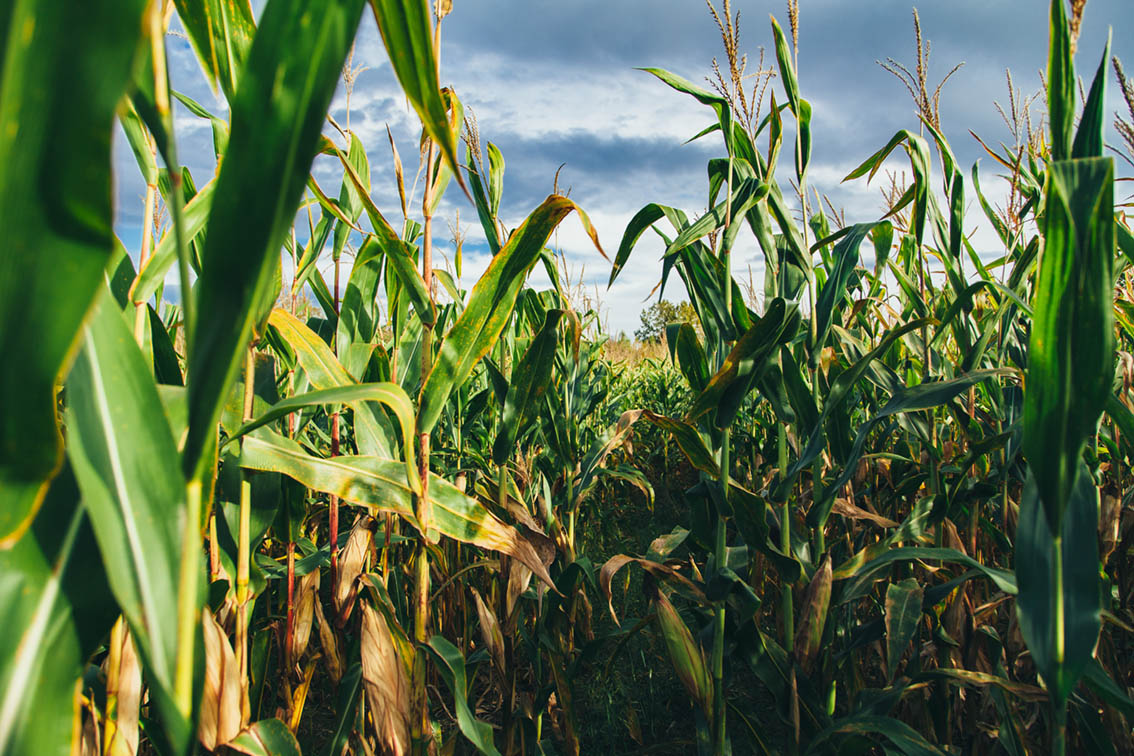TEFA
Trend-setting topsoil from corn straw for sustainable mushroom cultivation
News from CORMO
CORMO is testing an advanced 100% peat-free casing at Inagro in Belgium.
The new material is being tested in terms of yield and contamination. Inagro is one of the leading European research institutes in the field of vegetable cultivation and mushroom...
Saving 332 kg/m3 of CO2: TEFA makes it possible
We were aware that we were making a major contribution to CO2 savings and climate protection with our TEFA cover soil, after all this is one of CORMO's main concerns. However,...
Great interest in TEFA validation
Parallel to the large-scale validation project with the Association of German Mushroom Growers, two other partners from Switzerland and Austria are now also testing our peat-free...
With TEFA, climate protection and value creation go hand in hand
At the UN Climate Change Conference in Glasgow in November 2021, the participating countries agreed as never before that the global energy transition must be accelerated in order...
New cooperation with Suter Champignon
There is nothing more valuable to us than a trusting cooperation with the mushroom industry, because we want to develop our TEFA casing according to demand and under the premise...
Material assessment in Cuijk
The validation project of the BDC goes into the next round. On 22 February 2022, an extensive material inspection took place at our partner Legro in Cuijk, the Netherlands....
TEFA casing
The European mushroom and vegetable production requires around 3.5 Mio m³ black peat per year, which results in approximately 1 million t of CO2-emissions. Cormo developed TEFA, the first sustainable substitute for black peat, which enables reduction of the black peat associated CO2-emissions by 90%.
Today, mushroom production relies on the use of black peat based mushroom casing.
99% of all head lettuce consumed in Europe was propagated in greenhouses, on black peat.
Wetlands store twice as much CO2 than all global forests together but are destroyed by peat extraction.
Corn stems are an unused, sustainable residue from grain maize production.
TEFA mushroom casing in comparison
Quality
The technological production process ensures a consistently high quality of our product – the quality of raw peat is subject to significant natural variability.
Yield
During 3 years of repeated full-cycle validation with renowned industry institutions, TEFA generated a mushroom yield up to 10% higher than standard black peat based casing, while maintaining excellent product quality.
Sustainability
The raw material used for production of TEFA mushroom casing, maize stems, is renewable and sustainable, whereas black peat is a fossil, non-sustainable resource.
Transport
TEFA mushroom casing can be produced in the regional consumer markets, whereas black peat is mostly extracted in Baltic countries and needs to be transported to the global consumers.
Our Partners


